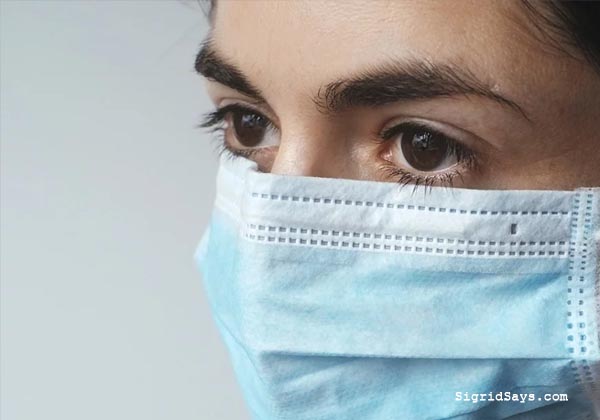The whole world is now being threatened by the Covid-19 pandemic (novel coronavirus or nCov). But while the governments, scientists, and medical professionals try to find better management for this new virus, there are those who prey upon the innocent (or gullible). In the midst of all these hoopla, how can you identity which is fact or fake. Globe Telecom gives you tips on how to protect yourself from covid-19 fake news and scams in order to avoid spreading more fear.
Be Aware of Covid-19 Fake News and Scams
It is now hard for the government to spread correct information because of the rise of fake news. Don’t be a part of the movement that seeks to spread Covid-19 fear and paranoia. Instead, help prevent panic and mass hysteria by sharing only factual information.
From Globe, here are some cybersecurity measures to protect yourself from these scams:
• Be sure to get and share news/information only from trusted and official social media news sites only. A friend’s Facebook post without proof of a legit website should not be shared.
• Don’t just read titles. Even news websites can sometimes use misleading headlines so that people will click on them. And worse, share their posts. While this is irresponsible of them, don’t fall prey to their UNETHICAL journalistic practices. Be a responsible citizen. Read the contents and decide for yourself if the post is worth sharing or not.

• DO NOT open malicious email attachments or click on dubious links in messages, even if they are from friends. Tip: You can actually check links by hovering on them before you click. This will help you determine where the actual URL leads to.
• Read emails and texts carefully. Be on the lookout for red flags, whgich include but are not limited to generic greetings as well as spelling and grammatical errors.
• Be wary of any form of communication that asks for your personal information. Some of the personal information that you should protect are account credentials or PINs. Do not act on those that try to convey urgency in their message. They will prey on your fear and make you act on impulse to enter your personal information.
Conclusion
Let’s be careful about the covid-19 but let’s also responsible in spreading information. Misinformation is more dangerous than the virus itself.
Stay safe everyone and above all, let’s pray and put our faith in God.
Health Stories:
Meanwhile, here are other health stories in this blog:
You may also like
7 Tech Solutions to Familiarize Yourself With for Your New HR Career
Stain and Scratch-Resistant realme C63 Now Available for P8,999
BDO Says: Clients Should Stay Calm and Vigilant to Avoid Scams
Manage Work-Life with Logitech Signature Slim K950 Wireless Keyboard
AI Portrait Master HONOR 200 Series is Coming Soon in PH
